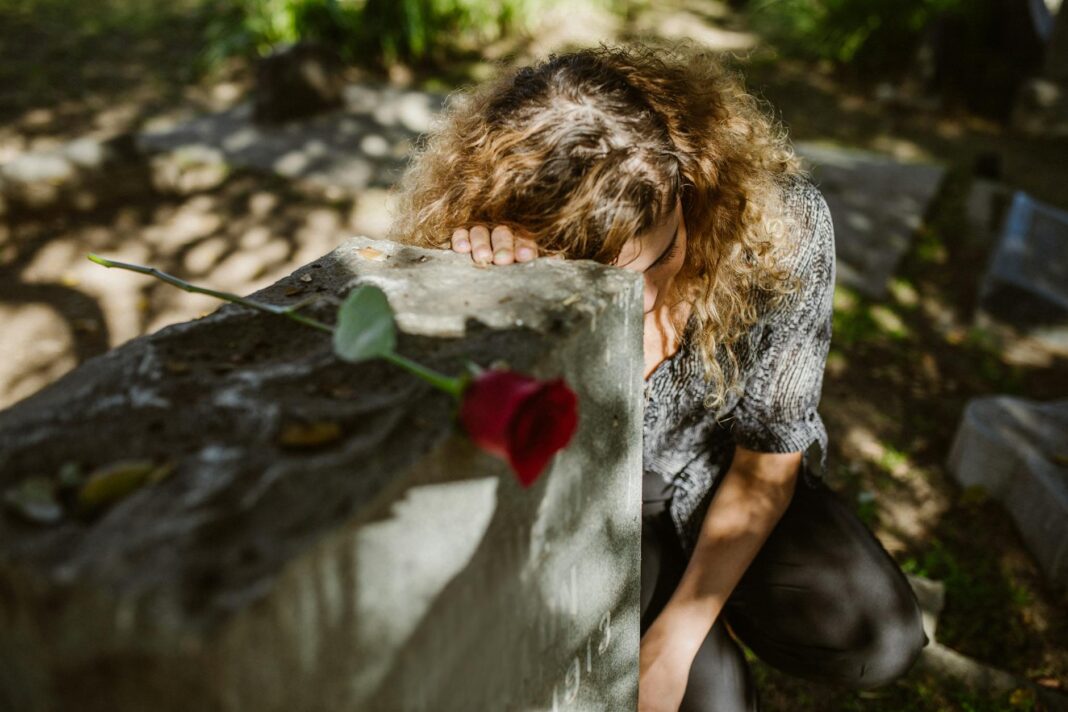Unraveling the Incident
In a shocking turn of events, Tyler Robinson has found himself at the center of a high-profile shooting incident that left conservative commentator Charlie Kirk dead in broad daylight. The incident has sparked outrage and a flurry of questions surrounding Robinson’s motive and mental state. Reports indicate that Robinson was active on social media just hours after the shooting, offering a bizarre explanation that it was his “doppelganger” responsible for the crime. This claim not only raises eyebrows but also highlights a troubling tendency among individuals involved in violent incidents to deflect responsibility.
The Bizarre Claims
In the wake of the shooting, Robinson took to Discord, a popular platform for gamers and social communities, to share his version of events. He claimed that a look-alike had carried out the act, distancing himself from the heinous crime. This allegation is not only unusual but also challenges the public’s perception of accountability in violent acts. It’s almost as if he’s trying to rewrite the narrative, which is a tactic we’ve seen in various high-profile cases before. The idea of a “doppelganger” as a scapegoat is both fascinating and deeply concerning, as it points to a potential detachment from reality that could be symptomatic of deeper psychological issues.
Background on Tyler Robinson
Robinson’s history is shrouded in mystery. Little is known about his background, but reports suggest that he was not a public figure prior to the incident. This lack of public knowledge adds an unsettling layer to the narrative. Often, shooters have a history that can be traced through their social media or personal life, but in Robinson’s case, there are no obvious signs leading up to this tragic event. This leaves authorities and the public grappling for answers about what could have driven him to commit such an act. Was he a ticking time bomb, or did this incident come out of nowhere? The absence of information only deepens the intrigue surrounding his motivations.
The Aftermath
As the investigation unfolds, the focus is not just on Robinson, but also on the societal factors that may have contributed to this violent outburst. With a growing number of violent incidents in recent years, many are questioning the effectiveness of mental health services and community support systems. Was there no one in Robinson’s life who could recognize the signs leading to this tragedy? The implications of this shooting extend beyond Robinson and Kirk, impacting the broader community and raising alarms about public safety.
The aftermath of the shooting has ignited fierce debates across social media platforms and news outlets. People are asking what can be done to prevent such incidents in the future. Calls for better mental health resources, stricter gun control measures, and community engagement are becoming increasingly loud. Yet, it’s important to remember that change requires collective action, not just outrage. The conversation must shift from finger-pointing to proactive solutions that address the root causes of such violence.
Community Response
The local community has been rocked by the news, with vigils and gatherings forming in memory of Charlie Kirk. Many are grappling with the immediate emotional fallout of such a violent act occurring in their midst. Community leaders are stepping up, encouraging dialogues around violence, mental health, and the importance of support systems. This is a pivotal moment for the community to come together, to not only mourn but also to reflect on how they can foster a safer environment.
Questions
What could have prompted Tyler Robinson to commit such a violent act?
How does the community respond to the aftermath of this tragic event?
Could better mental health support have prevented this incident?




